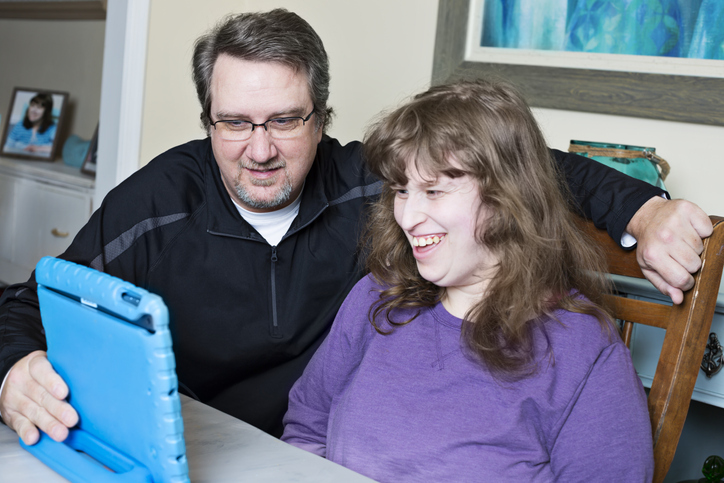
NDIS check-in
An NDIS check-in is when an NDIS representative contacts you to talk about your child’s NDIS Plan.
NDIS check-in
An NDIS check-in is a 45-minute conversation with your NDIS representative. It can be over the phone, online or in person.
There are set questions about how the current plan is working for your child.
It is good to prepare for the check-in and think about what you want to say.
Get ready for your child’s NDIS check-in
- When your NDIS representative contacts you, you DO NOT have to do the check-in straight away. Arrange a time that suits you
- Think about what you want to say about how the plan is going
- Gather evidence of your child’s support needs
- Consider who will attend with you, you can invite your Support Coordinator or a friend who knows you and your child well
- Have a copy of your child’s NDIS plan and your notes
What to talk about in an NDIS check-in
A check-in is a chance to have your say about:
- What is working and what is not working
- How your child is going with their goals
- How the NDIS supports and other supports are meeting your child’s needs
- If you want to change the management of funding
During the check-in:
- Note what actions have been agreed upon
- Ask when you will get advice of outcome
Potential outcomes of an NDIS check-in
The outcome of the NDIS check-in will depend on your child’s circumstances.
Outcomes may include:
- No changes to your child’s plan
- More support to help you implement the plan, like regular check-ins, a support coordinator
- Changes to your child’s plan if their support needs have changed, requiring more, less, or different supports
- An NDIS plan reassessment if your child’s needs or situation have changed significantly
Final word
While check-ins generally occur two months before your child’s NDIS plan reassessment date, the NDIS may also contact you if they notice you have not been using your child’s plan or if you are using it more quickly than expected.



